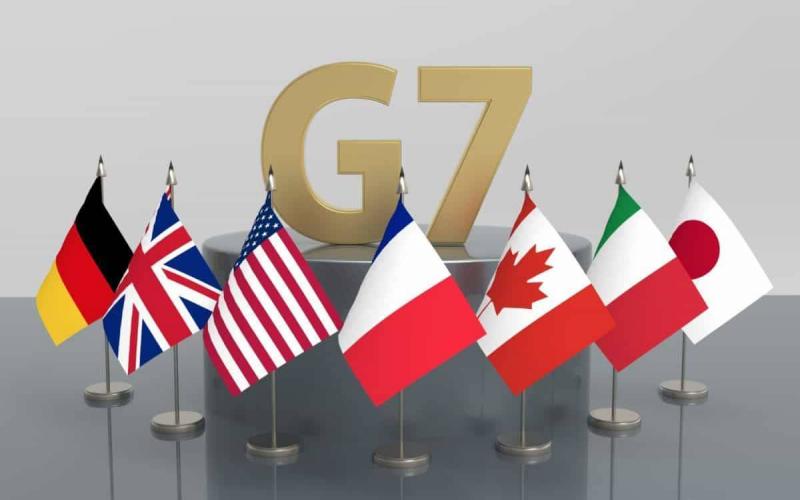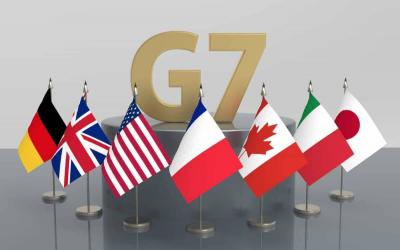The G7 group pledged on Friday to enhance Ukraine's air defenses in response to Russian attacks and urged China to stop supporting Moscow's military industry if it wishes to maintain good relations with the West. They acknowledged the need to exert more effort to assist Ukraine, which is struggling to fend off Russian forces, and called for de-escalation in the Middle East, where hostility between Israel and Iran threatens to ignite a broader conflict in the region. U.S. Secretary of State Antony Blinken stated, "We left this meeting of foreign ministers more united than ever."
Ukrainian Foreign Minister Dmytro Kuleba attended the Capri meeting in person to inform his G7 allies that they need to send more aid, noting that the wars in his country and the Middle East are interconnected. Kuleba told reporters, "The notion that the West must choose between supporting Israel or Ukraine is wrong because these are two fronts of the same war." The G7 announced in a statement that it would increase security assistance to Kyiv, particularly in strengthening "Ukraine's air defense capabilities to save lives and protect critical infrastructure."
Blinken noted that "while North Korea and Iran are the main arms suppliers to Russia, China is the primary contributor to Moscow's defense industry." He added, "If China claims it wants good relations with Europe and other countries on one hand, it cannot, on the other hand, fuel the greatest threat to European security since the end of the Cold War." The G7 foreign ministers, which include the United States, Italy, Canada, France, Germany, Japan, and the UK, concluded three days of talks on the island of Capri, dominated by discussions on the wars in Ukraine and the Middle East.




